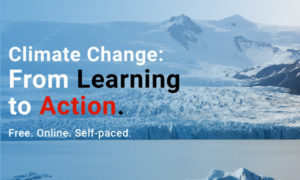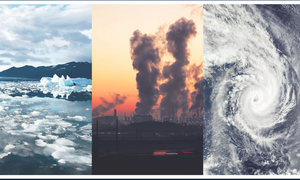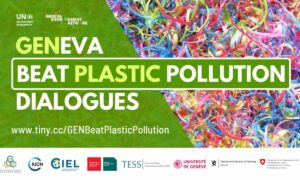Newsletter 07 Dec 2020
Environment: What’s Up in GENeva | 7 – 13 December 2020

The Geneva Environment Network’s weekly newsletter includes the latest information on the global environmental agenda, main events, job vacancies, learning opportunities, as well as other useful resources and updates. During the COVID-19 pandemic, some live events organized by organizations around the world, contributing to the global environmental agenda, have also been included. Stay tuned and follow us also on Twitter, Facebook, LinkedIn, or visit our website regularly for additional updates.
Due to the developments in the sanitary situation, most institutions in Geneva are operating virtually. Our update on COVID-19 and the environment lists relevant information, research, data and press releases on the environmental origins and impacts of the pandemic.
In the Run-Up to the Climate Ambition Summit
The virtual Climate Ambition Summit co-hosted by the United Nations, the United Kingdom and France, in partnership with Chile and Italy, on 12 December will mark the fifth anniversary of the adoption of the Paris Agreement. The summit is a “sprint to Glasgow,” where the 26th session of the Conference of the Parties (COP 26) to the UN Framework Convention on Climate Change (UNFCCC) is scheduled to take place in November 2021. #ClimateAction
In the run-up to the Summit, various events and activities are being proposed. Monday 7 December, a session convened by Switzerland within the framework of the Geneva Environment Network, will look into how the equity and fairness considerations can help highlight principles to stimulate the countries to be as ambitious as possible in submitting their updated Nationally Determined Contributions (NDCs) by 31 December 2020, under the Paris Agreement. Register on Webex to join the conversation from 14:00 CET.
Major publication being launched in the run-up of the summit include:
- The Production Gap Report 2020, measuring the gap between Paris Agreement goals and countries’ planned production of coal, oil, and gas, was released on 2 December. The report, produced by SEI, IISD, the ODI, E3G, and UNEP, finds that the COVID-19 recovery marks a potential turning point, where countries must change course to avoid locking in levels of coal, oil, and gas production far higher than consistent with a 1.5°C limit.
- According to the provisional WMO report on the State of the Global Climate in 2020 released on 2 December, Climate change continued its relentless march in 2020, which is on track to be one of the three warmest years on record. 2011-2020 will be the warmest decade on record, with the warmest six years all being since 2015. Ocean heat is at record levels and more than 80% of the global ocean experienced a marine heatwave at some time in 2020, with widespread repercussions for marine ecosystems.
- The UNEP Emissions Gap Report 2020 is expected to be released on 9 December. It will provide the latest update on global emissions and progress towards achieving the Paris Agreement goals as well as the resulting emissions gap. The 2020 edition will also look at the impacts of the COVID-19 pandemic to the extent possible and discusses the implications of related recovery responses. Furthermore, it will assess the role of lifestyles and behavioral change, as well as shipping and aviation in bridging the emissions gap.
- The United Nations is expected to launch this week the latest Greening the Blue Report which measures and details the environmental footprint of its facilities and operations in an effort to reduce it.
In the past days, ambitious commitments toward reducing net emissions have been announced by various member states and companies, while the UN Secretary-General, António Guterres, has described the fight against the climate crisis as the top priority for the 21st Century, in a passionate speech delivered on 2 December at Columbia University in New York.
Consult the learning section of this newsletter proposing online courses allowing to be more familiar with climate action.
Plastics, Climate and Air Pollution
The Geneva Beat Plastic Pollution Dialogues were launched last month, with a first session on Plastics and Waste. The second session will focus on Plastics, Climate and Air Pollution and will take place on 10 December from 14:00 to 15:00 CET. It will discuss the hidden dimension of the plastics crisis, the contribution of plastics to global greenhouse gas emissions and climate change. Register on Webex to join the conversation. #BeatPlasticPollution
Strengthening Industrial Safety
The eleventh meeting of the Conference of the Parties to UNECE’s Convention on the Transboundary Effects of Industrial Accidents is convening from 7 to 9 December to review progress and take decisions towards the Convention’s strengthened implementation. The COVID-19 pandemic has caused wide-ranging effects on human health, security and economic activity, which have significantly impacted industrial safety. Together with growing climate-related risks, this has highlighted the need to redouble efforts for prevention, preparedness, and response to ensure safety.
30 Years of Cross-Border Environmental Impact Assessment
The sessions of the Meeting of the Parties to the UNECE Espoo Convention and its Protocol on Strategic Environmental Assessment, from 8 to 11 December, will feature a special high-level event for the Convention’s 30th anniversary, which will look back at its origins; highlight achievements in promoting environmentally sound and sustainable development, fostering international cooperation, enhancing environmental governance and transparency in planning and decision-making; and share visions for its future.
International Mountain Day
Mountain biodiversity is the theme of this year’s International Mountain Day, celebrated on 11 December. The Swiss Agency for Development and Cooperation and the Inter-Parliamentary Union are co-hosting the webinar Climate change adaptation in mountain areas: What role is there for parliamentarians?, from 14:00-15:15 CET, bringing together parliamentarians and experts on climate change adaptation in mountains. Panelists will discuss how countries can incorporate mountain resilience strategies in their NDCs, national Disaster Risk Reduction strategies, or country plans for achieving the UN Sustainable Development Goals in order to protect livelihoods, infrastructure, and natural resources. #MountainsMatter
What (Else) Should I Read Next?
- African Ministers of the Environment commit to support a green COVID-19 recovery plan | UNEP | 4 December 2020
In a ministerial statement issued at the closing of the eighth special session of the African Ministerial Conference on the Environment (AMCEN), representatives of the 54 African governments reaffirmed their commitment to enhance environmental resilience as well as to protect and sustainably use natural resources for the region’s development. Participants further called to accelerate the protection and restoration of biodiversity and ecosystems as part of an effort to sustainably build back African economies from the impacts of COVID-19 pandemic. - IUCN World Heritage Outlook 3 | IUCN | 2 December 2020
Climate change is now the biggest threat to natural World Heritage. A third (33%) of natural World Heritage sites are threatened by climate change, including the world’s largest coral reef, the Great Barrier Reef, assessed as having a “critical” outlook for the first time. - Tax chemicals industry to help curb pollution internationally, experts propose | Scilla Alecci | ICIJ | 1 December 2020
As scrutiny by scientists and consumers grows on chemicals polluting our soil, water and air, experts are asking: why shouldn’t manufacturers bear the costs of managing it to prevent damage to health and the environment. - Introducing the 2020 Goldman Environmental Prize Winners | Goldman Prize | 1 December 2020
Each year, the Goldman Environmental Prize is honored to recognize six heroes of the environment.
Events
See all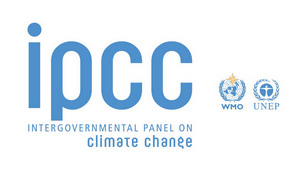
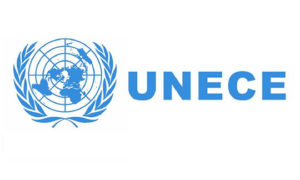
Body Meeting
11th meeting of the Conference of the Parties to the Convention on the Transboundary Effects of Industrial Accidents
07 – 09 Dec 2020
UNECE Convention on the Transboundary Effects of Industrial Accidents


Conference
9th Annual International Conference on Rights of Nature for Peace and Sustainable Development
07 – 09 Dec 2020
Palais des Nations
OSI

Virtual
14th meeting of the Basel Convention Implementation and Compliance Committee (ICC-14) (part III)
07 Dec 2020
Online
BRS

Body Meeting
SAICM Virtual Working Group 1 | Targets, indicators and milestones
07 Dec 2020 14:00 – 16:00
Online
SAICM

Virtual
Equity Considerations in Nationally Determined Contributions
07 Dec 2020 14:00 – 15:30
Online | Webex
GEN

Virtual
Webinaire de la Convention de Rotterdam sur les préparations de pesticides extrêmement dangereuses (PPED)
07 Dec 2020 15:00 – 16:30
Online | Zoom
BRS

Body Meeting
8th session of the Meeting of the Parties to the Espoo Convention and 4th session of the Meeting of the Parties to the SEA Protocol
08 – 11 Dec 2020
Online
EIA Convention

Body Meeting
Meeting of the small intersessional working group on technical guidelines on mercury wastes
08 Dec – 11 Nov 2020
Online
BRS

Virtual
WCEFonline side event | Circular Economy Opportunities: Perspectives of Transition Economies
08 Dec 2020 12:00 – 13:30
Online
UNECE
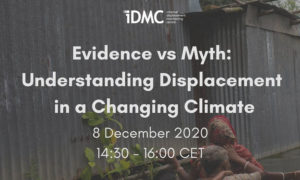
Virtual
Evidence vs Myth: Understanding Displacement in a Changing Climate
08 Dec 2020 14:30 – 16:00
Online | Zoom
IDMC
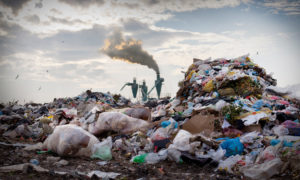
Virtual
Geneva Beat Plastic Pollution Dialogues | Plastics, Climate and Air Pollution
10 Dec 2020 14:00 – 15:00
Online | Webex
GEN

Virtual
Infrastructure and Nature Webinar Series | Ramifications for IUCN WCC and Beyond: What Have We Learned?
10 Dec 2020 14:00 – 15:30
Online | Zoom
WWF
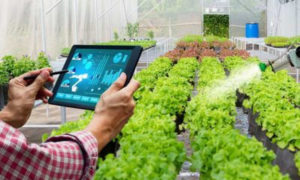
Virtual
Eat@Home: Policy Asks for Changing and Re-Arranging our Consumption Patterns
10 Dec 2020 15:30 – 17:00
Online
WBCSD

Virtual
Tedx Countdown | The Architecture of Transition: Buildings, cities and landscapes in the prism of climate change
10 Dec 2020 17:00
Online | Zoom
FBA
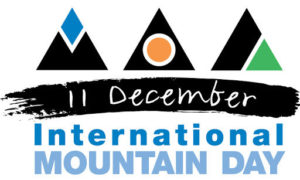

Virtual
Webinar on International Mountain Day | Climate change adaptation in mountain areas: What role is there for parliamentarians?
11 Dec 2020 14:00 – 15:15
Online
IPU


Virtual
Fresqu’onférence | De Rio à l’accord de Paris : l’histoire des négociations climat
11 Dec 2020 19:00 – 20:30
Online
Association la Fresque du climat
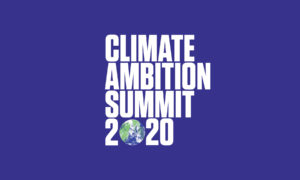
Jobs
See all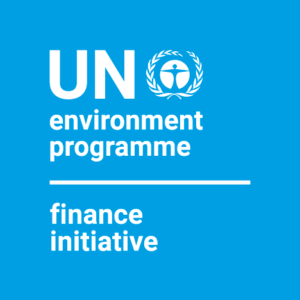
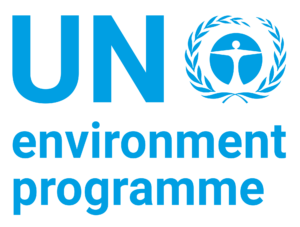

Consultant
Technical Officer SDG 6 Global Acceleration Framework (through UNOPS)
09 Dec 2020
UN Water

Professional
Associate Programme Officer | Peacekeeping Training Programme Energy Pillar (P1)
09 Dec 2020
UNITAR






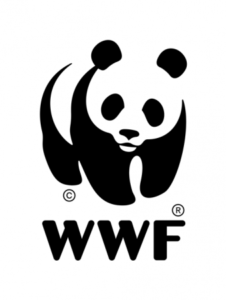
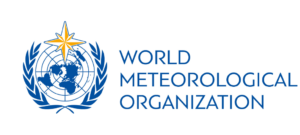
Learning
See all